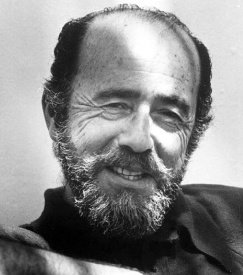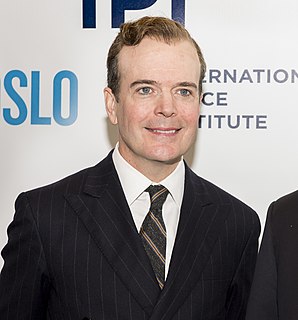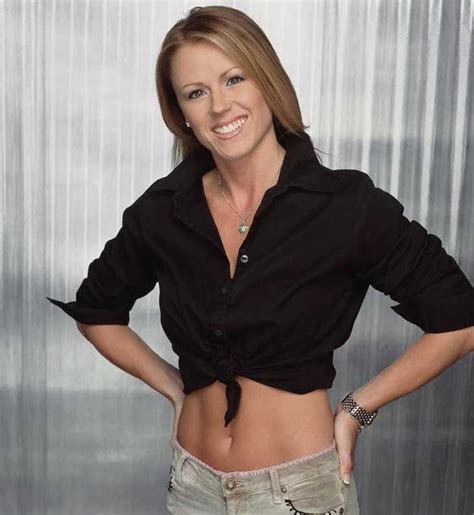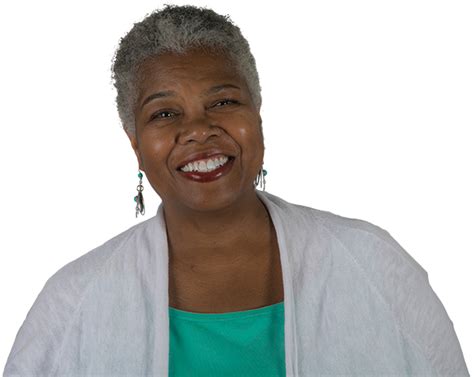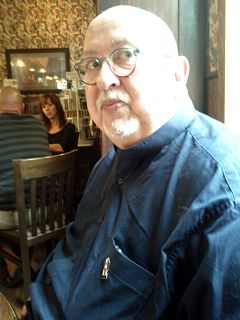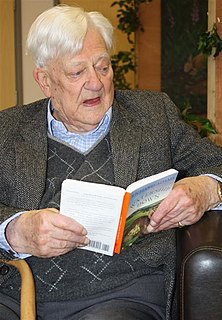A Quote by Sid Fleischman
Humor is the oxygen of children's literature. There's a lot of competition for children's time, but even kids who hate to read want to read a funny book.
Quote Topics
Related Quotes
If we are always reading aloud something that is more difficult than children can read themselves then when they come to that book later, or books like that, they will be able to read them - which is why even a fifth grade teacher, even a tenth grade teacher, should still be reading to children aloud. There is always something that is too intractable for kids to read on their own.
I like reading books about kids where there weren't really many adults, where they didn't need an adult to come and solve the problems for them. They could use their own ingenuity, use their own talents to solve whatever the issue was. And I like that still. I think that children want to read about heroic children. They don't want to read about children that have to be saved all the time.
Attention spans are changing. It's very noticeable. I am very aware that the kind of books I read in my childhood kids now won't be able to read. I was reading Kipling and PG Wodehouse and Shakespeare at the age of 11. The kind of description and detail I read I would not put in my books. I don't know how much you can fight that because you want children to read. So I pack in excitement and plot and illustrations and have a cliffhanger every chapter. Charles Dickens was doing cliffhangers way back when. But even with all the excitement you have to make children care about the characters.
I didn't want to teach my kid how to read, so I used to read to him at night and close the book at the most interesting part. He said, “What happened then, daddy?” I said, “If you learn to read, you can find out. I'm too tired to read. I'll read to you tomorrow.” So, he had a need to want to learn how to read. Don't teach children how to read. Don't teach them mathematics. Give them a reason to want it. In school, they're working ass-backwards.
Children make better readers than adults. They read as carefully as I write; adults read as a means of getting off to sleep. I get letters saying 'I have read your book seventeen times.' If you're an adult novelist and you get that letter, you should be afraid. You're being stalked. Kids always read them seventeen times!
Kids not only need to read a lot but they need lots of books they can read right at their fingertips.They also need access to books that entice them, attract them to reading. Schools...can make it easy and unrisky for children to take books home for the evening or weekend by worrying less about losing books to children and more about losing children to illiteracy.
I wish that the adults who are 'in power' cared more about what their children read. Books are incredibly powerful when we are young - the books I read as a child have stayed with me my entire life - and yet, the people who write about books, for the most part, completely ignore children's literature.
